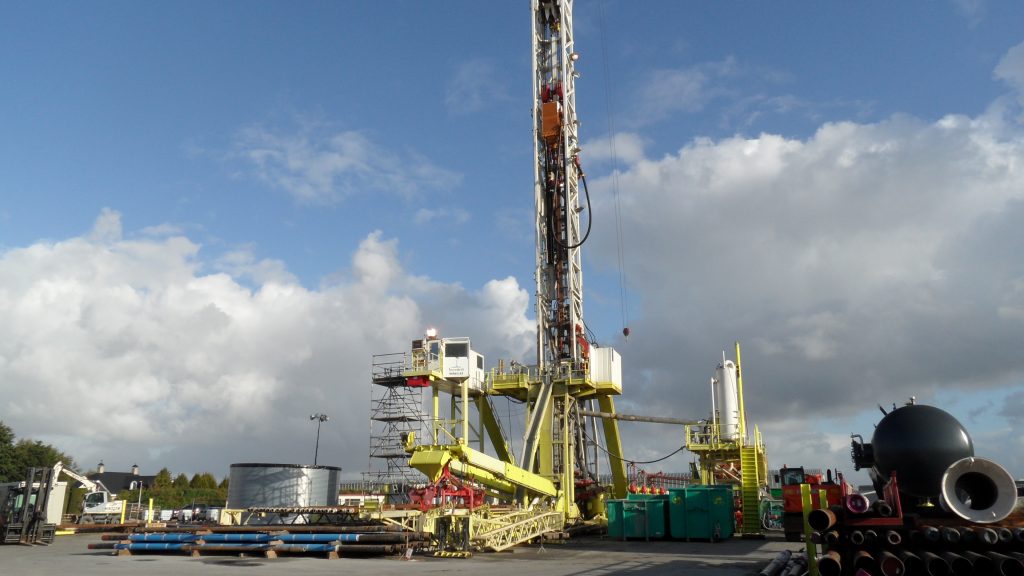Lower cost drilling technology to increase geothermal productivity

A consortium of international researchers is working on testing new drilling technology that is to lower the cost and improve productivity of directional drilling at the Rijswijk laboratory in the Netherlands.
Improving robust and safe geothermal production at lower costs with advanced directional drilling technology is the goal in the DEPLOI project: DEmonstrate Production enhancement with LOw cost side track drilling, so a news piece by Dutch research institute TNO.
Together with European partners, TNO and the Dutch drilling specialist Canopus started the project co-funded under the Dutch Top Consortium for Knowledge and Innovation (TKI) Geo-energy. A Dutch government subsidy scheme that stimulates the development of innovations of sustainable, reliable and affordable energy systems.
New drilling method for geothermal productivity
In the Dutch Research Centre for Sustainable Geo-energy in Rijswijk (RCSG) the Canopus directional steel shot drilling technology will be researched. This innovative technology is a possible breakthrough to enhance geothermal energy production at lower costs. The oil and gas industry uses the concept of drilling branches or ‘horizontals’ out of the main bore into the reservoir to enhance the production. Unfortunately, the present horizontal drilling technologies are hardly used for geothermal drilling because of their cost and directional limitations. The new steel shot drilling technology will increase production at much lower cost compared to a vertical well with similar output. The multiple long horizontal will also increase the chance of finding good reservoir formations currently one of the biggest risks for geothermal projects worldwide. The new drilling technology has additional advantages such as improved bore hole quality and smaller footprint of equipment at the drilling site.
In this project the novel directional steel shot drilling technology of Canopus for drilling long horizontal side-track wells will be tested in a Hydrostatic Drilling Test Set-up in Rijswijk. In addition to the drilling and steering capability the well bore patterns of horizontal grids to maximize reliable and predictable production will be investigated.
The DEPLOI consortium consists of EBN, Storengy (France), Technical University Munich (Germany), BRGM (France), Well Guidance, Odfjell Well Services Coöperatief U.A. (Netherlands), Nagra (Switzerland), Canopus and TNO (Netherlands). The project will run until April 2022.
Source: TNO